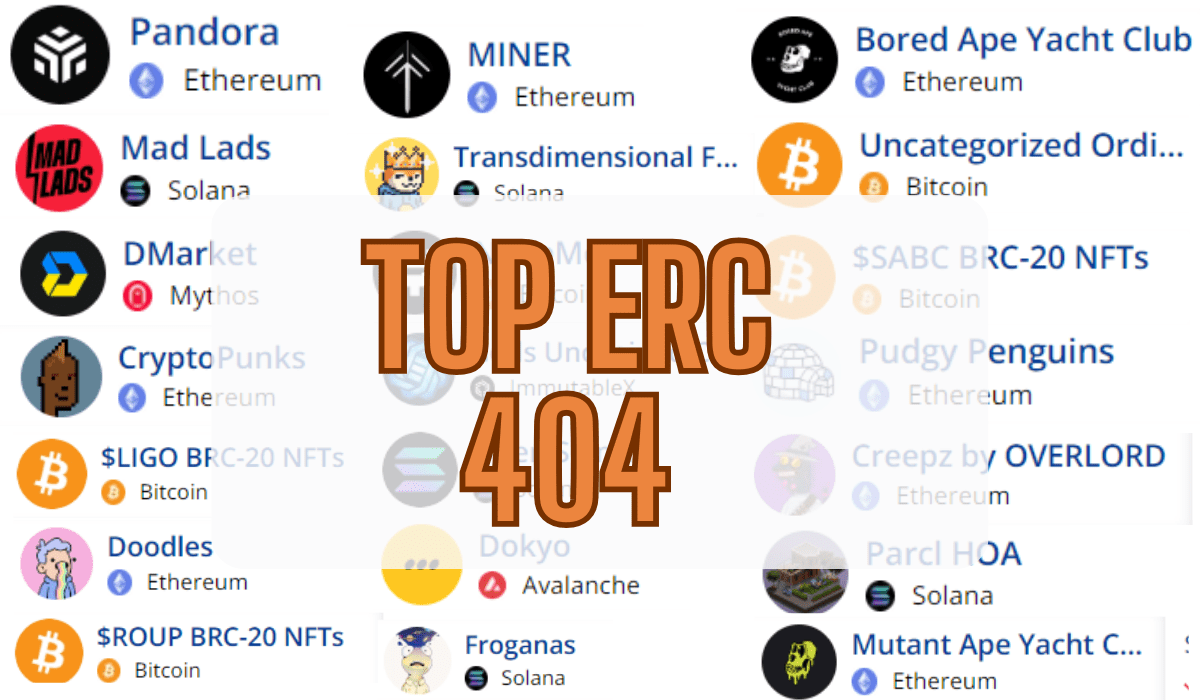The recent surge in interest surrounding ERC-404 tokens has led to substantial trading activity, with millions of dollars in trading volumes recorded since its initiation in early February. However, this surge has coincided with a notable increase in Ethereum network fees, commonly referred to as “gas,” reaching levels not seen in the past eight months. In response to these challenges, the developers of DN-404 claim to have introduced a novel structure utilizing two contracts to attain objectives comparable to ERC-404 but without encountering the associated issues.
The two contracts in question are labeled as “experimental” and are considered “unofficial.” In response to the apparent drawbacks associated with the increasingly popular experimental standard ERC-404s, a group of Ethereum application developers initiated a new token contract on Monday. This move aims to address the challenges linked to ERC-404, which has gained widespread popularity but contributed to network congestion and a surge in fee rates.
The newly introduced token, DN-404, which stands for “Divisible NFT-404,” is built upon existing token standards, namely ERC-20 and ERC-721. The developers claim that DN-404 ensures “full compliance” with these established frameworks. In the Ethereum ecosystem, ERC-20 serves as the accepted standard for token issuance, while ERC-721 is specifically designed for non-fungible tokens (NFTs).
The creators of DN-404 claim that they developed this framework in response to the surge in gas fees caused by ERC-404. The significant trading volumes generated by ERC-404s resulted in Ethereum transaction fees reaching eight-month highs since its introduction in early February.
Due to the impact of ERC-404s, transactional fees escalated to a maximum of $840 for a specific project, as noted by the developers. This amount was significantly higher than the usual cost of $50 for such transactions.








Leave A Comment